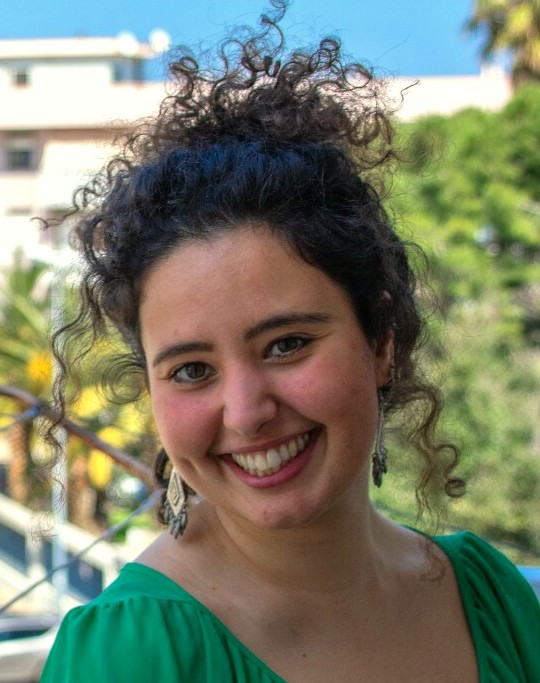
Name: Maria Cristina Mennuti
Research:
Demonology in post-Hellenistic Platonism
My doctoral project aims to explore the role demonology plays in post-Hellenistic Platonism (80 BC-250 BCE). By analysing how Platonists exploit demonology in their cosmological and theological models, and, more generally, by reconstructing the development of an established conception of intermediate divinities, this project will investigate how demonology provides post-Hellenist Platonists with a compelling philosophical tool both receptive of the past and crucial for future traditions, especially Christianity and Orientalist tradition.
Firstly, I shall demonstrate that, in the philosophy of post-Hellenistic Platonists, demons are not just supplementary divinities but play crucial cosmological roles. Given the very different outlooks of Platonist cosmologies, demons play different roles and take on different functions in each of them. More generally, Plutarch (in the De fac. and Delphic Dialogues), Apuleius (Deo Socr.) and Ps.-Plutarch (Fat.) show a particular interest in demons, while demons are more subtly referred to by Atticus and Alcinous (frr. 8-9; 17; Didask.). Accordingly, demonology proves to be a malleable philosophical matter which is employed to shape cosmological doctrines of providence in varied and multifaceted ways.
Demonology began with Pythagoreanism (Golden Verses), continued to be developed within Plato’s Academy (Xenocrates and [Pl.] Epinomis), where demons are considered intermediate beings, and later reached Stoicism (e.g. Chrysippus). Hence, my second aim is to map the dynamics of transformations of demons, with the aim to understand how post-Hellenistic Platonists appropriated previous demonological models, and why, and which aspects of these doctrines will be essential for the Christian re-thinking of demons.
Finally, this investigation will facilitate exploration of the legacy of post-Hellenistic Platonist demonology, in which it is linked to other traditions such as Orientalism (see esp. Puech 1934 on Numenius) and Christian angelology. My analysis will show that, from a cultural and religious point of view, post-Hellenistic Platonist demonology is a significant driver for innovation in Greco-Roman religion and later Christianity.
My research aims to show how a hybrid philosophical/religious approach is necessary to understand the legacy of demonology and subsequent angelology, establishing a dialogue with different traditions and several doctrines, such as the Orientalist ones.
Other activities:
I was awarded a DAAD scholarship at the University of Tübingen in 2021


/prod01/prodbucket01/media/durham-university/departments-/classics-and-ancient-history/47302-3941X1553.jpg)